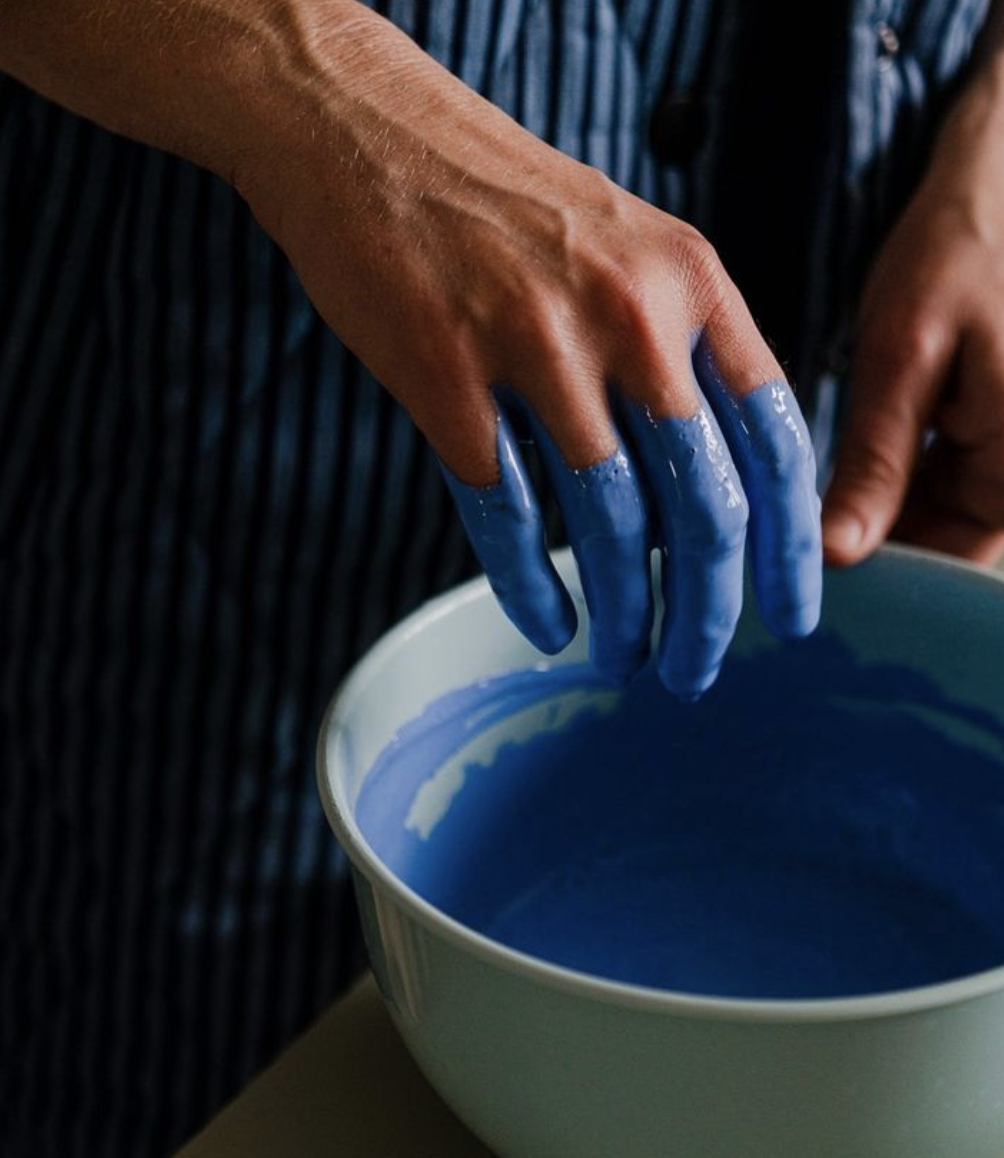In the Winter, the wisdom we are given by nature is to turn in, to hibernate more, to do less. And yet, while many of us crave rest on a physical, psychological, and even spiritual level, we continue to find it hard to commit to allowing ourselves deep rest.
On one hand, there’s the conditioning aspect of it all. For so long, we’ve been told that achieving makes us more respectable, interesting, intelligent, attractive, and worthy. And we’ve been messaged just this by nearly everyone in our lives—our teachers, parents, grandparents, and, likely, even our friends and partners. That’s not to point fingers—we’re all just the byproduct of the culture we’re swimming in.
And in the Western world, our culture praises doing. Because so long as you’re busy doing, you’re believed to be more likely to achieve greater wealth and a higher status, and these are the things we have been told matters most. Oh, The American Dream.
…which by the way is very much alive and well in Europe, for those who were wondering. Few are immune in the West.

But what about the progress we’ve been making? Haven’t we been rewriting the narrative around rest?
That has begun to change—what with (1) books like Why We Sleep and The Art of Rest gaining popularity; (2) our overall education of the importance of downtime increasing; and (3) trends like #selfcare gaining massive popularity in the last few years.
To be frank though, none of it has been enough.
Burnout is still on the rise for almost everyone.
We’re at a point where our knowledge and interest on the topic of rest are increasing, but they aren't landing. They aren’t being grounded. And when theories and philosophies stay up in the clouds… Well, they make for pretty conversations.
…but that’s about it.
So, the question is how do we land what we’ve been learning? How do we actually tune into this season of Winter that we’re sitting in and apply its reverence for rest to our everyday lives? How do we move more slowly when it still feels like we have a million things to get done in a day?

We can always calm our nervous systems at the end of the day with meditative tools, but we would massively benefiting by refining our days in and of themselves—so that we’re not constantly having to mend what we’ve torn during the day.
We do this by doing as Winter encourages: by cocooning more; by leaning into the quiet and getting reflective. When we can quit trying to flee and instead cosy into the cave of our homes, we can ask ourselves the real questions that have the power to change our lives. Questions like:
*-What must I get done in my day?
-What am I doing on a day to day basis that is elective?
-Of those elective activities, where would I do best scaling back in order to give myself more space to breathe? More space to get inspired? *
In this way, we’re reducing the clutter in our schedules so that we do have space to move more slowly, more indulgently.

It’s worth noting that rest doesn’t always mean lounging on the sofa (though it can certainly mean that, too). Rest can be more active, artistic, playful. It can be connecting with your muse, creating for creation’s sake, moodboarding, daydreaming, making a snow angel…
This active form of rest is extremely nourishing because it brings you home to yourself. All rest practices do this, but active rest can be so healing in that it is typically non-confrontational. It delivers reward without the perceived pressure of, say, meditation.
And, admittedly, as we are still getting used to the idea that we deserve to rest—that taking time to rest does not make us less than/lazy/etc.—active forms of rest are easier on our inner critic.
In sum, at the end of the day, if we want to lean into the wisdom of Winter and commit to resting more—and receive all the benefits for our minds, bodies, and souls that come with that—we need begin with subtracting.
That’s something we can all do. We can all take time to identify the noise that’s taking up too much time in our lives and do our best to remove it, so that we are only (or mostly) doing that which is necessary (our job, taking care of ourselves and our loved ones), and that which is pleasure.
Maybe you won’t get back an entire day in your week. But, then again, if you’re a big people-pleaser who’s been giving away a day each week to unfulfilling people and things… maybe you will. Time will tell.
Start with subtracting. See what follows.


